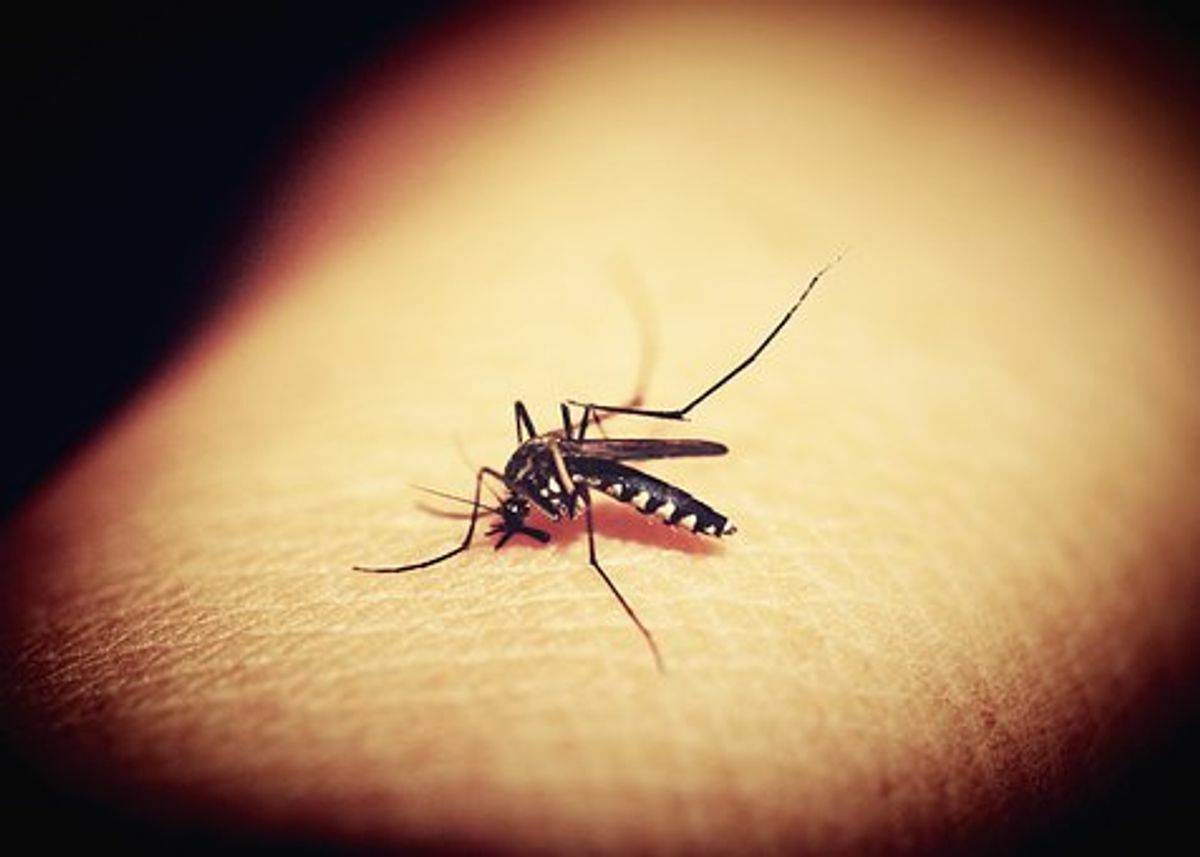How Long Will You Live Calculator – How Long Will You Live?
Take the Test!
Answer all quiz questions as truthfully as possible – to the best of your ability. Don’t hazard a guess. Begin with 79 years, then add or subtract years based on your answers to each item’s scoring. Your total score provides a rough estimate of your current life expectancy. What is the perfect way to find the age calculator?
1. What is the location of your ancestral home? (if not given, enter a score of 0). US minus 2. Austria-United Kingdom = -1. Italy-France-Canada = 0. Plus two for Australia-Singapore-Sweden. Japan plus three. FACT: Because of genetic and cultural differences, life expectancy varies by country.
2. What gender are you? Plus, one for females. Male = minus two. FACT: Regardless of culture, females have a higher life expectancy.
3. Do you get a physical exam every year? Yes = plus three. No equals -3. FACT: Many diseases (cancers, hypertension) are asymptomatic in later life, go unnoticed, and go untreated.
4. Do you have any parents, grandparents, or great-grandparents who lived to be 85 years old or older? Add 2 for each 85-year-old relative. FACT: Long-lived parents tend to have long-lived children, according to research.
5. Do you volunteer once a week? Yes, plus two. No equals -1.
FACT: Studies show that volunteering diverts our attention away from ourselves and toward others.
6. Do you live by yourself? Yes = minus three. No = 0. FACT: Adults who live alone tend to be malnourished, isolated, and uncared for.
7. Can you laugh at and learn from your mistakes? Yes, plus one. No equals -3. FACT: Laughter, humility, and a positive outlook are associated with a longer life expectancy.
8. Do you have a confidante who listens to your deepest worries? Yes, plus one. No equals -2.
FACT: Confidants provide emotional catharsis and a sense of personal worth for those in crisis.
9. Do you engage in mental exercises daily, such as puzzles, games, learning, or problem-solving? Yes = plus four. No = 0. FACT: People who constantly challenge their minds have fewer cognitive disorders.
10. Do you do aerobic exercise daily, such as swimming, jogging, or biking? Yes, plus two. No = 0. FACT: Working out at one’s target heart rate strengthens the heart and increases metabolism.
11. Do you eat a well-balanced diet, including fresh fruits, vegetables, and whole grains? Yes, plus two. No equals -3. FACT: People who eat a well-balanced diet have a lower risk of both genetic and culturally related diseases.
12. Do you consume a pack of cigarettes every day? Yes = -5 for men and -10 for women. No = 0. FACT: Smoking kills nearly 500,000 people yearly from cancer and lung disease.
13. Do you live with, work with, or hang out with smokers? Yes = -1 for men and -2 for women. No = 0. FACT: Although proximity to smokers is thought to reduce a person’s life expectancy by one year, new research suggests that this proximity may reduce life expectancy by two years.
14. Does your weight fluctuate as you go on and off diet fads? No = minus 5. No = 0. FACT: Unusual dietary regimens strain the heart and immune system, increasing disease risk.
15. Do you have a pet? Yes, plus two. No = 0. FACT: The benefits of pet companionship on longevity are strongly supported by peer-reviewed scientific journals. (Note: Avoid exotic pets, such as parrots, monkeys, reptiles, or rodents. These animals have been known to carry diseases that can be transmitted to humans.)
16. Which hand do you use when writing? Minus one for being left-handed. Left-handed = 0. Life is difficult for lefties who live in a world designed for right-handers. FACT: Most objects in the world are designed for right-handed people. Scissors, pencil sharpeners, door openers, and can openers are rarely prepared for left-handed people.
17. What is your height? FACT: Size does matter, but not in the way you might think. Shorter people live longer lives. So subtract six months for every inch of your height that exceeds 5’8″.
18: Meeting both physical and spiritual needs reduces morbidity and mortality.
19. Do you have two or more daughters? Yes = plus three. No = zero. Daughters are the primary caregivers for older people. FACT: Daughters provide most of the eldercare, and daughters-in-law offer more care than sons.
20. Do you use stress management techniques such as meditation, quiet time, or going to a spa? Yes = plus 4, No = minus 3. FACT: Stress management is the best response because there is no way to avoid stress in today’s society.
21. Do you walk to work? Yes = plus 2. Do you ride to work? Yes = plus 1. Do you drive to work? Yes = minus 3.
22. Have you had cosmetic surgery? Yes = plus 5 (but subtract 1 for each additional surgery within the same decade.) FACT: Cosmetic surgery reduces age phobia and discrimination and elicits a positive response from a youth-obsessed world. However, having too many cosmetic surgeries (more than one every ten years) may accelerate aging.
23: Fear of aging increases your risk of emotional illnesses like self-hatred, denial, and depression.
24. Do you regularly use cannabis? Yes = minus 4, No = 0. FACT: According to scientific studies, regular cannabis use increases the risk of physical and mental disorders such as lung and heart disease, as well as psychosis, by up to 150 percent.
25. Do you engage in unprotected sex with multiple partners? Yes = minus 6, No = 0. FACT: Engaging in unprotected sex with multiple partners significantly increases the risk of sexually transmitted diseases.
26. Are you in a long-term relationship based on trust and mutual respect? Yes = plus 5. No = 0 FACT: This relationship meets emotional, social, and physical needs while lowering morbidity and mortality risks.
27. Are all of your friends the same age as you? Yes = minus 2. Do you have friends of different ages? Yes = plus 1. FACT: Having friends from a younger generation counteracts an age-related decrease in your social network.
28: Studies of performance behavior link specific goals and achievements to the quality of life.
29. Do you have a family (blood relatives) history of cardiovascular disease or cancer before age 50? Subtract 2 for each occurrence. FACT: Family history demonstrates how many cultural risks are increased by genetic predisposition. Culture (lifestyle) and genetics (inherited conditions) moderate aging. For example, some ethnic groups and children of long-lived parents share a history of longevity.
30. Do you have a family history of obesity, diabetes, or chronic depression? If so, deduct two points for each occurrence.
FACT: Family history demonstrates how genetic predisposition increases many cultural risks.
31. Do you take a once-daily (physician-approved) anti-inflammatory agent? Yes = plus 4; no = 0. FACT: Scientific studies of anti-inflammatory drugs such as aspirin and statins show a lower risk of cardiovascular diseases such as heart attack and stroke.
32. Do you have an annual physical exam that includes a review of your diet, over-the-counter medications, prescriptions, and dietary supplements? Yes = plus 2. No = minus 3. FACT: Combining prescription and over-the-counter medications with nutritional supplements can be dangerous if not done correctly.
33. Is your dental care routine comprised of daily brushing, flossing, a six-month checkup, and cleaning? Yes = 0, No = minus 1.
FACT: A lack of preventive dental care and poor oral health habits increases the risk of infection in other parts of the body, including the heart.
34. Do you calculate your daily caloric needs and then reduce your caloric intake by 20%? Yes = plus 2. No = 0. FACT: Research shows a strong relationship between reduced caloric intake and longevity. If you answered “No,” read the chapter Thoughts for Food for more information on computing your daily caloric needs and the benefits of reducing your caloric intake by 20%.
35. Do you consume one daily serving of red wine (7 oz), purple grape juice (7 oz), or RDA grape-seed extract? Yes = plus 2, no = minus 1.
36. Do you consume one serving of oatmeal or oat bran daily (one-half cup or one 70-gram granola bar)? Yes=, plus 1. No= minus 1. FACT: Oatmeal fiber improves cardiovascular health by flushing cholesterol from the arteries.
37. Do you participate in supervised strength training three times per week? Yes = 0, No = minus 1. FACT: Muscular strength, flexibility, and coordination are necessary for daily living and reduce the risk of tripping and falling.
38. Do you have a daily exercise routine that includes at least 20 minutes of supervised cardiovascular training at your target heart rate and warm-up and cool-down periods? Yes = plus 2, No = 0.
39. Is your home and indoor workspace adequately ventilated by frequently opening windows or with air filtration that can filter microscopic particles? Yes = plus 1. No = minus 1. FACT: Environmental studies have documented increased evidence of cardiopulmonary diseases caused by indoor air and materials. Everyday items you have and use in and around your home, such as carpets and furniture, insecticides, cleansers, and paint and varnish, can release toxins.
40. Do you consume more than two caffeinated products daily, such as coffee, tea, cola, or chocolate? Yes = minus 2, no = 0. FACT: Caffeine relieves headache pain, but its toxic effect elsewhere raises the risk of cancer and heart disease.
41. Is your BMI (body mass index) 25 or higher? Yes = minus 4 No = 0. FACT: A BMI of 25 or higher increases the risk of diabetes, heart attack, stroke, and hypertension. Clinical obesity has multiple adverse and long-term effects on organs throughout the body. For more information on calculating your BMI, see Chapter 5, Full Body Contact.
42. On average, do you spend more than 30 minutes eating your meals? = 0. Less than 30 minutes? = minus 1.
FACT: It takes your brain 30 minutes to detect fullness, by which time you’re usually on your second or third helping.
43. Do you eat, drink, or use a cell phone while driving? Yes = minus 1; no = 0. FACT: These distracting behaviors increase your chances of terrifyingly close calls and outright accidents.
44. Do you have a consistent work schedule (i.e., work 9 to 5)? = 0.
FACT: One in every four workers works a shift job, which causes chronic sleep deprivation.
45. Do you sleep nine or more hours in a 24-hour day? Yes = minus 1. Do you sleep 6-8 hours? Yes = plus 2. Do you sleep 5 hours or less? Yes = 1. FACT: On average, most people need between 6 and 8 hours of sleep. Sleep deprivation is associated with poor concentration, more accidents, and subpar effort.
46. Can you list symptoms associated with colon cancer? Yes = plus 1. No = minus 2. FACT: This cancer does not have to be so dangerous to your health. Get a checkup right away.
47: Genetics, lifestyle, dietary habits, or a combination of the three are all risk factors for adult-onset diabetes. Yes = plus 2. No = minus 3.
48. Can you list breast cancer symptoms? Yes = plus 2. No = minus 3. FACT: Breast self-examination and mammography are underutilized preventive measures.
49. Can you list any symptoms of high blood pressure? Yes = minus 2 No = 0 FACT: There are no symptoms of high blood pressure; therefore, you should have your blood pressure checked on a regular basis.
50. Women only: Have you had a bone density test as a preventive measure against osteoporosis? Yes = plus 1, No = 0. FACT: Osteoporosis is more common in women and increases the risk of back and hip fractures. Start monitoring early. As a preventative health measure, women should monitor their calcium needs as early as age 23 and their bone density as early as 30.
FACT: After age 50, your doctor should monitor your prostate health using reliable digital or PSA testing.
52. Can you list testicular cancer symptoms? Yes = 0, No = minus 1. FACT: Avoid clothing fabrics or styles that raise testicle temperature. Inspect the soft tissue of the testicles for lumps and painful areas regularly; if found, see your doctor for a professional examination.
53. Can you list any ovarian cancer symptoms? Yes = plus 2. No = minus 2. FACT: Early risks exist but increase after menopause and with age.
54. Can you list the symptoms of a heart attack? Yes = plus 1, no = minus 2. FACT: Learn the symptoms and immediate interventions. Learn Cardiopulmonary Resuscitation (CPR) to protect loved ones.
55. How would you rate your sex life? Satisfactory = plus 1. Not sure = minus 0. Not good = minus 1. FACT: Advertising, entertainment, and fashion overstimulate, resulting in a genuine need for a positive sexual outlet.
75% of longevity predictors are based on lifestyle, not genes. Remember, long life depends on seven factors: genetic inheritance (good genes give you a head start), physical fitness, mental fitness (exercising your mind), emotional fitness (meaningful lives last longer), spiritual fitness (interpreting the Bible), and social fitness.
Read Also: Best Cardiologists In Kalyan & Dombivali




